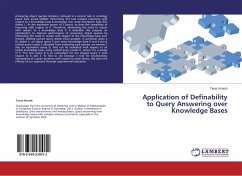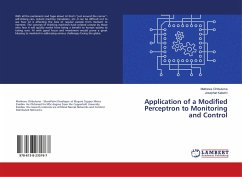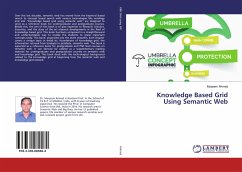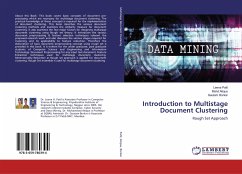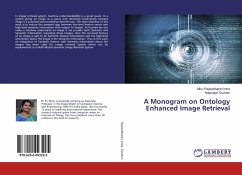Answering object queries (instance retrieval) is a central task in ontology based data access (OBDA). Performing this task involves reasoning with respect to a knowledge base K (ontology) over some description logic (DL) dialect L. As the expressive power of L grows, so does the complexity of reasoning with respect to K. Therefore, eliminating the need to reason with respect to a knowledge base K is desirable. We propose an optimization to improve performance of answering object queries by eliminating the need to reason with respect to the knowledge base and, instead, utilizing cached query results when possible. In particular given a DL dialect L, an object query C over some knowledge base K and a set of cached query results S obtained from evaluating past queries, we rewrite C into an equivalent query D, that can be evaluated with respect to an empty knowledge base, using cached query results U, where U is a subset of S. The new query D is an interpolant for the original query C with respect to K and S. To find D, we leverage a tool for enumerating interpolants of a given sentence with respect to some theory. We show the efficacy of our approach through experimental evaluation.
Bitte wählen Sie Ihr Anliegen aus.
Rechnungen
Retourenschein anfordern
Bestellstatus
Storno

